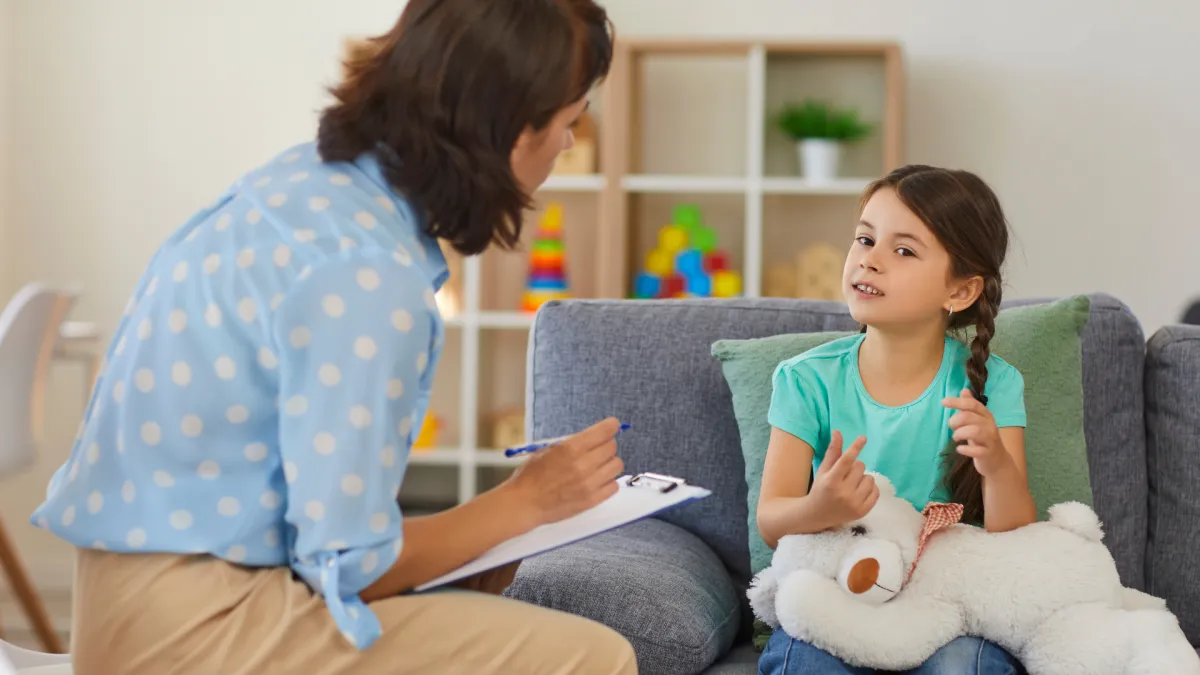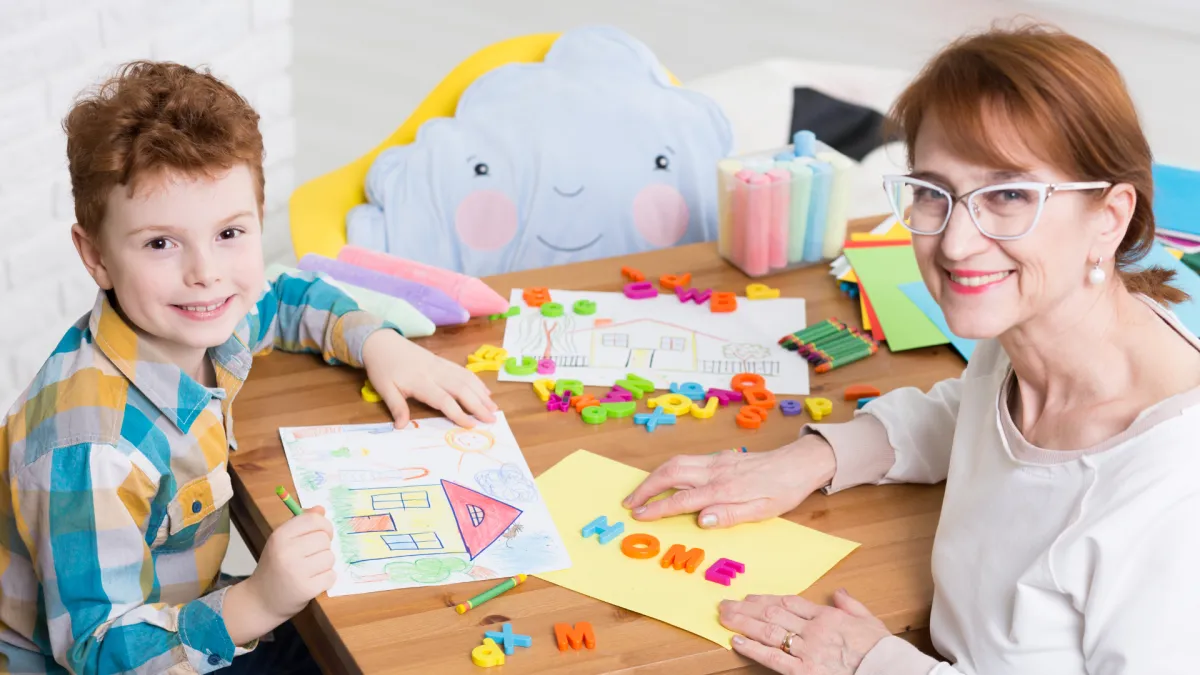Email: [email protected]
Guiding Their Hearts:
5 Key Ways to Connect with ADHD Students Without Triggering Big Reactions
Even If You’re Feeling Stretched Thin and Out of Ideas
Feel more confident navigating challenging behaviours
Use proven brain-based techniques that actually work
Create moments of connection that build long-term trust

This Isn’t Another Theory Book. It’s a Connection Toolkit.
Whether you teach 1st grade or Year 10, these 5 strategies help you understand what ADHD students actually need in high-pressure classroom moments—so you can respond with confidence, not confusion.
Every idea is practical, easy to implement, and rooted in real neurological insights.
What You Will Learn
Inside the Checklist, You’ll Discover…

1. Understanding Their "Why"
Beyond the Behaviour
ADHD brains often have lower levels of key neurochemicals like dopamine and serotonin, directly impacting executive functions crucial for learning, emotional regulation, and filtering distractions.

2. Tuning into Their Emotional Landscape
The RSD Factor
Rejection Sensitive Dysphoria (RSD) is an intense emotional sensitivity to being criticised or rejected, common in individuals with ADHD.

3. Navigating the "No" with confidence
De-escalating Oppositionality
When faced with potential oppositional tendencies, which can be more pronounced in students with ADHD, consider shifting your approach to instructions and boundaries.

4. Fueling Their Engine, Not the Fire
Understanding Energy and Frustration
Hyperactivity and Impulsivity in ADHD can often contribute to increased frustration and potential emotional outburst.

5. Building Bridges of Trust
Consistent Connection
Strategies
Consistent positive interactions and giving students agency, such as in how they are greeted, are fundamental to building strong rapport and trust, especially with students who have ADHD.
Testimonials:
“That’s so easy! Yeah! It makes sense now; you have to teach my teachers this!”
“You have such a weird sense of humour! Thanks for teaching me word games. I feel better now I’ve got words to say what’s happening.”
“You just get me. Thanks for helping.”
Ready to Transform Your Relationship with
Your Student with ADHD?
Start creating a more connected and harmonious home with these simple yet powerful strategies.
For personalised guidance and deeper support tailored to your family's unique needs.
